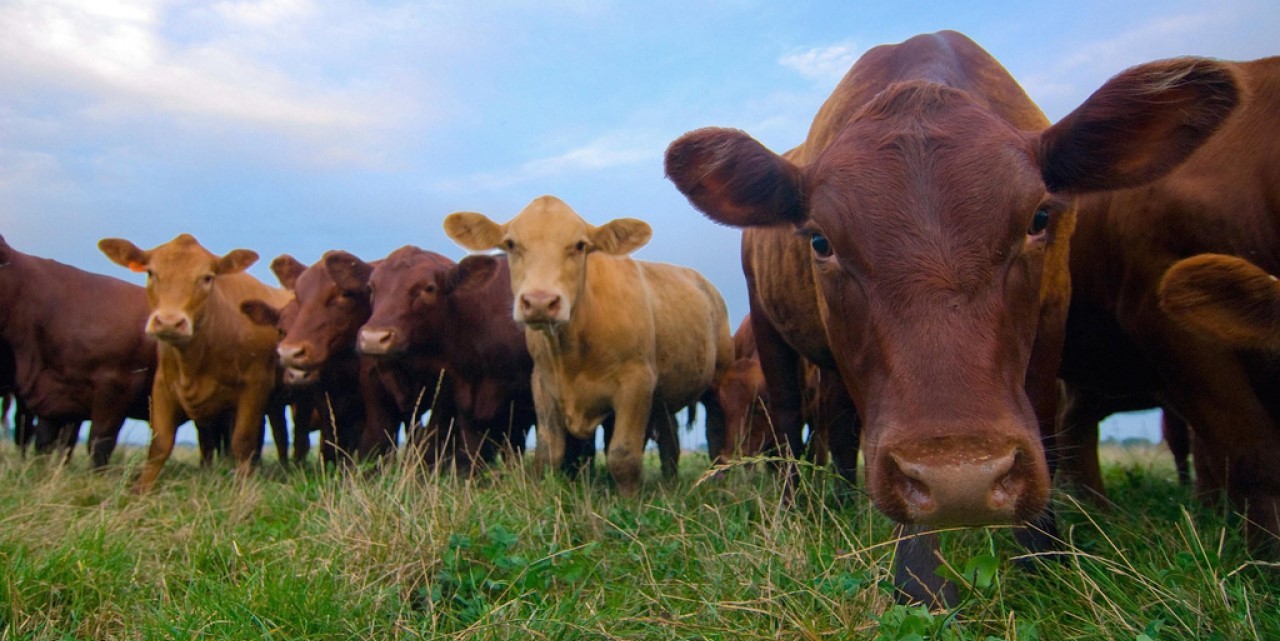A group of cattle ranchers have filed suit in Chicago federal court, accusing four of the largest meat processors in the U.S. of squeezing ranchers by manipulating the market to drive down the price they paid for beef cattle, even as consumer beef prices remained near their peak.
The ranchers filed suit on April 23 in the U.S. District Court for the Northern District of Illinois, which is based in Chicago, accusing defendants Tyson Foods, JBS S.A., Swift Beef Company and Cargill of violating federal antitrust laws by colluding in a scheme to maximize their profits.
Plaintiffs in the action included Ranchers Cattlemen Action Legal Fund United Stockgrowers of America, or R-CALF; the Weinreis Brothers Partnership; Minatare Feedlot Inc.; Lucky 7 Angus; and ranchers Charles Weinreis, Eric Nelson, James Jensen and Richard Chambers.
The plaintiffs asked the court to allow the case to proceed as a class action, potentially including virtually all cattle producers and investors who exchanged cattle futures on the Chicago Mercantile Exchange and other U.S. exchanges.
The complaint centers on a crash in the value of so-called “fed cattle” that began about four years ago. “Fed cattle” is an industry term for steers and heifers raised and fed specifically to be eventually slaughtered for beef.
According to the complaint, the four defendants control more than 80% of the U.S. beef cattle processing market.
Severe drought that gripped the western U.S. beginning in about 2011 led to shortages in beef cattle, which in turn sharply drove up the value of the cattle and a surge in the price consumers paid for beef until about 2015.
The plaintiffs said producers expected to cash in on what they said were peak prices. However, they accused the defendants of taking actions to drive down the price the processors would pay, even as American consumers continued to pay high prices at supermarkets and other retail outlets for beef.
The plaintiffs’ complaint asserts, for instance, the meat packers took steps including flooding the market with beef cattle imported from Canada and Mexico; collectively reducing the volume of cattle being slaughtered; and needlessly closing and idling meat packing plants, among other accusations, to drive down prices.
The complaint asserts the actions succeeded in crashing the price the packers paid for cattle from the fall of 2014 to the fall of 2018. The complaint asserts the cattle prices were “artificially depressed by an average of 7.9%” beginning in January 2015.
Plaintiffs said this is particularly harmful because the supply of cattle cannot be quickly increased to respond to changes in demand or prices. And they said it is particularly noteworthy because demand for beef is “relatively insensitive to changes in price.”
Meanwhile, the prices consumers paid the packers remained more than 50% higher than they had been in 2009, when the prices of both cattle and beef began to climb, the complaint asserted, meaning the processors were able to quickly increase their “meat margin,” or the difference between what they pay for cattle and what they can charge for their beef.
“… Despite the drastic collapse in fed cattle prices caused by Packing Defendants’ conspiracy, Packing Defendants and their wholesale customers continued to benefit from record beef prices,” the complaint said. “This disconnect allowed Packing Defendants to reap record per-head meat margins during the Class Period at the expense of fed cattle producers.”
The plaintiffs asserted the alleged squeeze play mirrored similar actions over which the meat packers have been accused in antitrust lawsuits over the market for chicken and pork.
Those legal actions and regulatory investigations over the allegations are pending.
In other published reports, Tyson Foods denied the allegations in the lawsuit as “baseless.”
Tyson is also contesting the lawsuits over chicken and pork prices.
The plaintiffs in the beef lawsuit are represented by attorneys Anthony F. Fata and others with the firm of Cafferty Clobes Merriwether & Sprengel LLP, of Chicago and Media, Pa.; and by attorney Beth A. Kaswan and others with the firm of Scott+Scott Attorneys at Law LLP, of New York.
